How To Make Manure From Cow, Goat And Chicken Waste
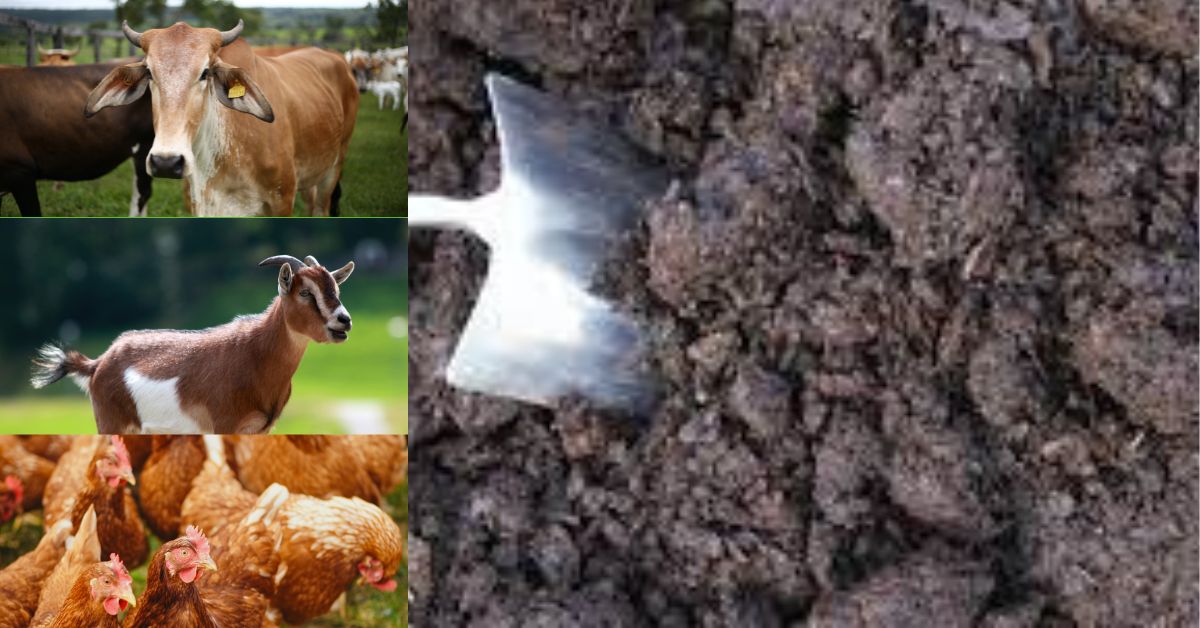
In the previous article we discussed manure in detail, you would like to see that.
I will be showing you how to make manure from cow, goat and chicken waste.
Without taking much time let’s get to it.
How To Prepare Cow Dung For Manure
First, Select a space that works well for composting.
This can be any location where you can build a compost pile, such as an outdoor compost bin or a special composting space in your garden.
Next, collect fresh cow manure from a trustworthy source.
Verify that it hasn’t been combined with a lot of bedding or straw.
Nitrogen is abundant in cow faeces.
Combine the compost with materials high in carbon, such as shredded newspaper, straw, or dry leaves, to bring it into balance.
The optimal carbon-to-nitrogen (C/N) ratio is between 25 and 30 parts carbon to one part nitrogen.
To supply air to the compost, turn it frequently.
By doing this, you can hasten the decomposition process and keep the pile from going anaerobic, which can result in offensive odours.
Make sure the compost pile is damp but not soggy.
Although cow dung should be wet, too much water might cause anaerobic conditions and slow down the composting process.
It takes time to compost.
The compost may take several weeks to several months to mature,
depending on a number of variables including the size of the pile, the C/N ratio, and the surrounding climate.
When the compost is ready, it should be black in colour, crumbly to the touch, and smell earthy.
It can be added to your garden’s soil as a nutrient-rich amendment.
How To Prepare Fresh Hot Goat Dung For Compost
Goat excrement cannot usually be added straight to the ground.
Fresh goat dung is full of germs, parasites, and their eggs, along with other potentially harmful materials.
You’ll get safe and functional goat dung compost after composting.
Compost made from goat manure directly fed to a garden is excellent.
According to the Environmental Defence Fund, composting is the organic material’s natural decomposition into a loose, black substance that resembles soil and greatly enriches any garden.
Your plants will love you for trying out one of these composting techniques.
Composting at home is not difficult or messy.
The finished compost is rich and dry.
Before you get your manure either from your goat farm or you have it supplied to you, make or build your compost bin.
Next, add additional organic elements to the manure, such as eggshells, leaves, grass clippings, and kitchen waste.
Layer it until the compost bin is full, adding just enough water to keep it moist.
Every two to five days, or so, turn the pile from top to bottom to mix everything together and increase airflow which helps break it down.
This can take weeks or months, depending on how big it is.
Remember that the rate of decomposition increases with the size of the pile.
And that’s all you need to do.
Be sure to note that it’s best to compost it for 4 to 6 months before putting it in the soil.
How To Prepare Chicken Waste For Manure
To help transform chicken dung into useful compost, follow these steps for setting up a basic hot compost system:
The first step is choosing your location.
Next, gather your materials.
This requires gathering droppings from your chicken coop bedding, including straw, wood shavings, or hay.
Include waste from both the coop floor and nesting boxes.
After this, Take out of the trash any significant debris, like feathers or leftover meals.
As the bedding can be composted separately, keep the bedding material and chicken droppings apart.
When all these are in place, start a compost pile With the chicken droppings.
Include a carbon source to counterbalance the nitrogen-rich chicken manure, such as straw, leaves, or torn newspaper.
To aerate the compost and expedite the decomposition process, turn it frequently.
Make sure the compost reaches a minimum temperature of 60°C, or 140°F, in order to destroy any diseases or weed seeds.
For full decomposition, compost for a minimum of three to six months.
Nitrogen is abundant in chicken manure and is necessary for plant growth.
It may, nevertheless, also include elevated levels of potassium and phosphorus.
To prevent nutrient imbalances, test your soil to determine its nutrient level and modify your application accordingly.
Evenly distribute the composted chicken manure across the soil’s surface.
Using a tiller or rake, incorporate it into the ground.
After application, properly water the area to ensure that nutrients reach the roots of the plants.
With this information you can now convert your cow, goat and chicken waste into manure.
Hope this was helpful?

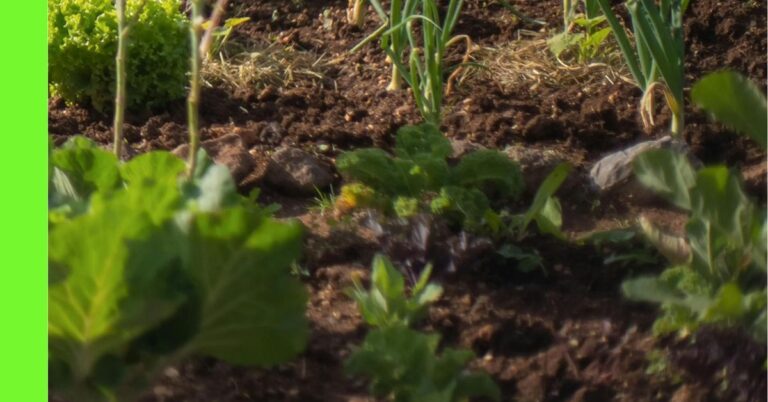
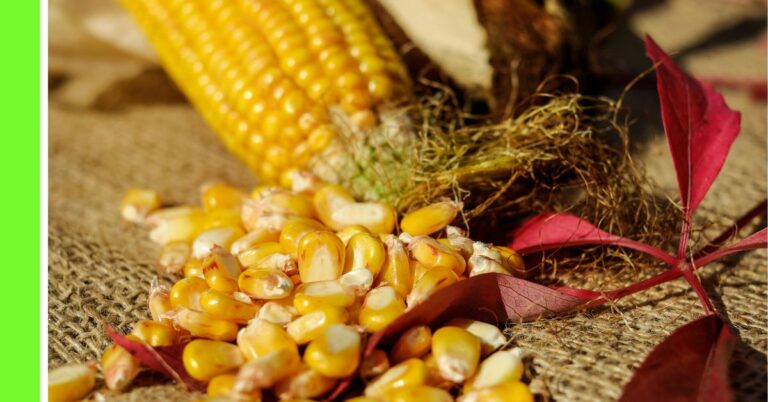


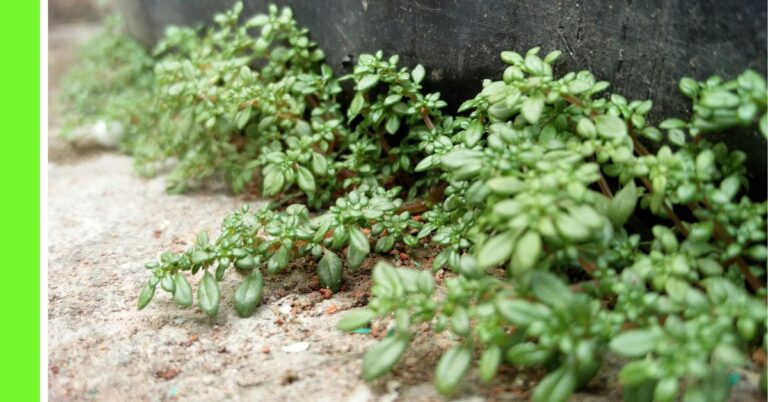
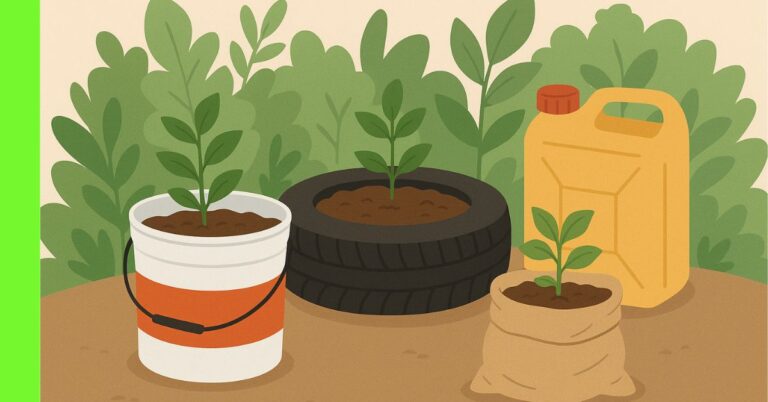
Wow, it’s helpful material. I’m grateful that I will be using the available local materials to improve soil heslth